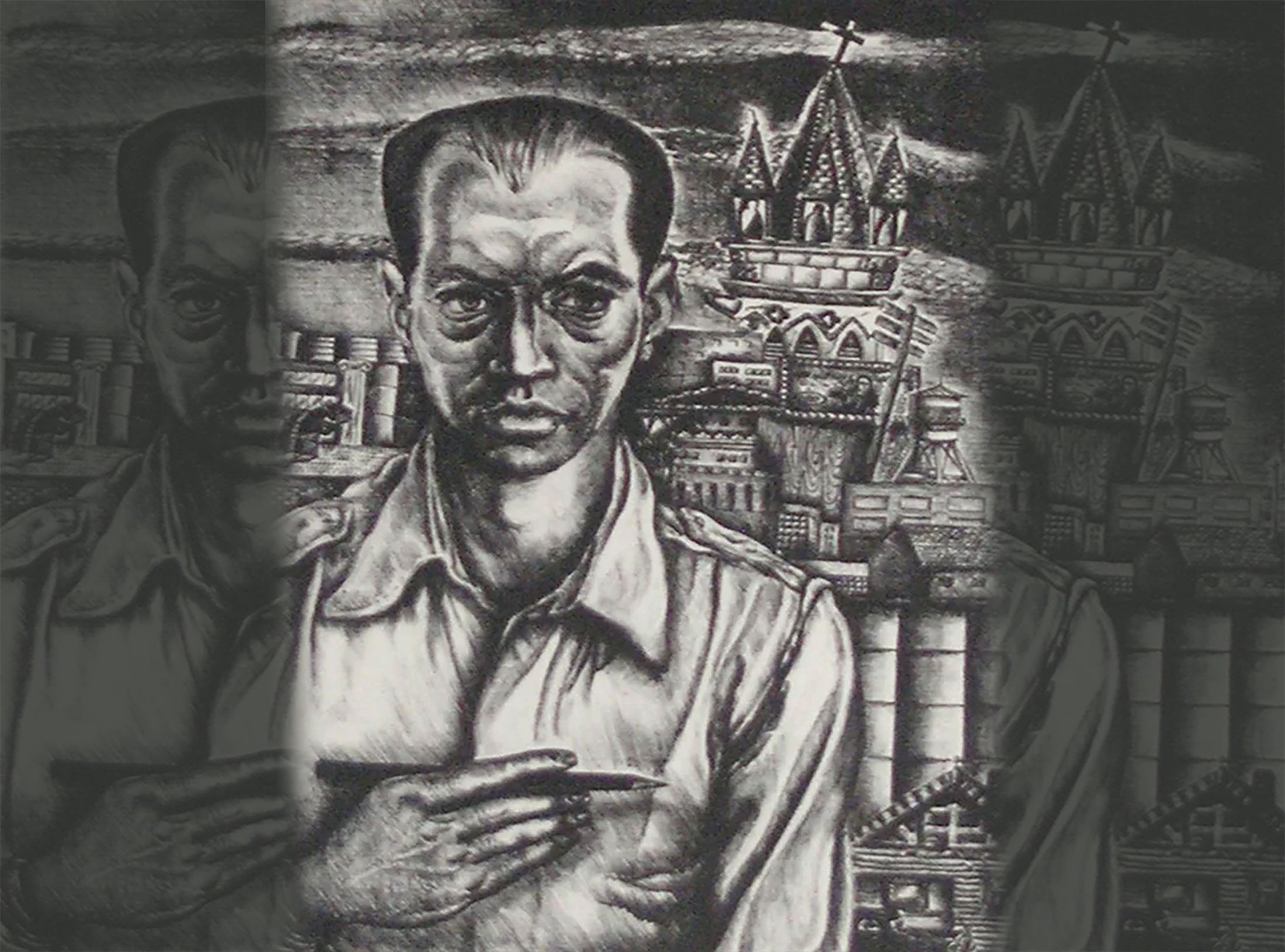
Nancy G. Heller is available for freelance lecturing, writing, and consulting gigs, on various art/dance-related topics. While she has an extensive background in academia, Nancy’s gift is her ability to explain art to people who feel they don’t understand non-traditional art, in a way that comes across as sympathetic, enthusiastic and educated, rather than judgmental or, worse, boring.
Thank you to the Pennsylvania Academy of Fine Arts for sharing these videos!
SELECTED PUBLIC LECTURES & SERIES:
for the Smithsonian Associates (Washington, DC), the Hirshhorn Museum & Sculpture Garden (Washington, DC), the Corcoran Gallery of Art (Washington, DC), the National Museum of Women in the Arts (Washington, DC), the Library of Congress, the Baltimore Museum of Art, the Walters Art Gallery (Baltimore), Sotheby’s Institute of Art (NYC), the National Arts Club (NYC), the Brooklyn Museum of Art, the Metropolitan Museum of Art (NYC), the Princeton University Art Museum, the Philadelphia Museum of Art, the Pennsylvania Academy of the Fine Arts (Philadelphia), the Woodmere Art Museum (Philadelphia),the Milwaukee Art Museum, the Telfair Museum (Savannah, GA), the Tyler (TX) Art Museum, the Arkansas Art Center (Little Rock), The Dixon Gallery and Gardens (Memphis, TN), Auburn (AL) University, the Montgomery (AL) Museum of Fine Arts, the Columbus (GA) Public Library, the Columbus (GA) Art Museum, the Naples (FL) Art Center, the Portland (OR) Art Museum, and numerous other venues.
Series of lectures at venues throughout the state of Pennsylvania, as a Commonwealth Speaker for the PA Humanities Council, 1996-2001.
Series of lectures relating to book, The Regionalists: Painters of the American Scene, presented at universities and art museums in Arizona, Minnesota, and North Dakota, Winter 1997.
SAMPLE LECTURE TOPICS
(All can be customized in terms of length, and presented in person or via Zoom)
INTRODUCTIONS to Visual Art:
Visual Literacy: How to Look at Art—of all kinds, from all places and times
Why a Painting is Like a Pizza: A Guide to Understanding and Enjoying Non-Traditional Art
BROAD SURVEYS of Visual Art:
Survey of European Modern Art, 1860 to 1945
Survey of Contemporary U.S. Art, 1945 to the present
Eve as Artist, Part I: Survey of Women Artists from the 16th century to 1900
Eve as Artist, Part II: Survey of Women Artists from 1900 to the Present
ARTISTIC MOVEMENTS:
Surrealism—from the 1920s into the 21st Century
Impressionism and Post-Impressionism: Sources, Masterpieces, and Later Influences
German Expressionism: Visual Evocations of International Chaos, in the Visual Arts
The “Ninth Street Women”: Female Abstract Expressionist painters, in 1950s New York City
MONOGRAPHIC STUDIES OF ONE (or two) ARTISTS:
Henri Matisse: The Art of the Curve
Pablo Picasso: Beyond Innovation
“Filling a Space in a Beautiful Way”: The Art of Georgia O’Keeffe
Frida Kahlo: “I Paint My Real Life”
Christo & Jeanne-Claude: wrapping and accentuating both landscapes and manmade structures
Edmonia Lewis, a Black/Native American woman who grew up on a reservation, then became a successful Neoclassical-style sculptor in Italy
Rosa Bonheur, a 19th-century French artist who specialized in painting powerful, and sometimes charming, animals
Marisol, the “glamour girl” of Pop Art sculpture
Audrey Flack: The Queen of Photo-Realist Painting
Alexander Calder: More Than Mobiles
DANCE & VISUAL ART:
What’s There, What’s Not: a Performance-Based Analysis of John Singer Sargent’s painting, El Jaleo (which focuses on a female flamenco dancer)
When is a Circle Dance Simply a Circle of Dancers? Matisse and the Sardana (a Catalan folk dance)
Untangling the Mysteries of Flamenco: A Guide to Understanding and Enjoying this Passion-Filled Spanish Art Form
MISCELLANEOUS:
“Dirty Pictures”: A Short History of Art Censorship

WW II G.I.: Self-Portrait, 1946, lithograph by Jules Heller
